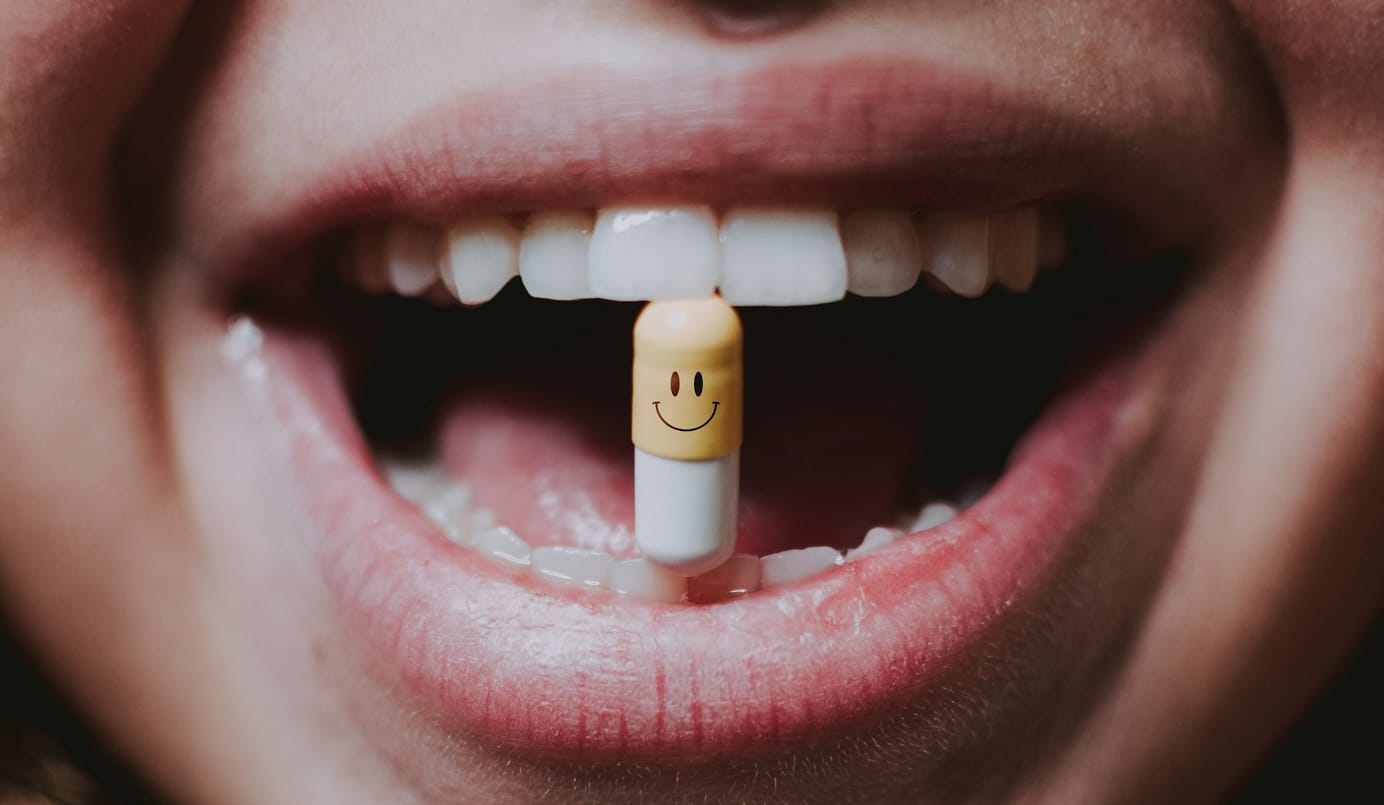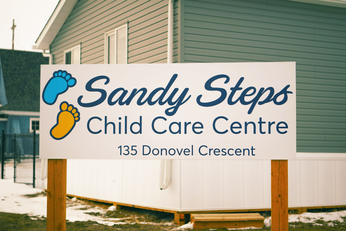
Alternatives to Medications for Anxiety or Sleep Issues
Exploring non-medicinal approaches to manage anxiety and sleep issues, emphasizing therapy and lifestyle changes as effective long-term solutions.
By Gwen Randall-Young
February 07, 2025
key points from this story:
- Prescription medications can lead to dependency
- Anxiety drugs should be used short-term
- Underlying issues may cause anxiety or insomnia
- Psychological counselling can change contributing patterns
- Gradual medication reduction under supervision recommended
- Therapy helps gain control over thoughts
Often people who would never think of "doing drugs" become addicted to or dependent upon their prescription medications. Some painkillers, anxiety medications and sleeping pills carry the risk of dependency.
Anxiety drugs and sleeping pills should generally only be used on a short-term basis. While they may provide relief, they do not address the underlying problem. By the time an individual is talking to his or her physician about anxiety or sleeping problem, it is likely they have tried some things to help themselves, without success.
Anxiety or sleeping problems may be due to an inability to relax or quiet the mind. They may also indicate there are underlying issues affecting the person. Often the basis for these issues may lie somewhere at an unconscious level, so it can be difficult to get to the bottom of things on one's own.
Psychological counseling has proven effective in assisting individuals to change the patterns that are contributing to their difficulties. Without doing this, the symptoms remain along with the use of the medication.
Sometimes people find their bodies get used to the initial dosage, and they need to increase the amount taken to get the same results as before. This is a slippery slope. Because the body has come to rely on the drug, attempts to go off the drug may result in symptoms that are even more intense than they were in the beginning. This can be avoided by going off the medication as recommended by the doctor, usually a slow reduction over time.
If you feel you are dependent on your medications, talk to your psychologist or make an appointment with one. It is not a wise idea to stop taking these medications "cold turkey." Set up a program to assess the possible causes of the problem and to learn to alleviate symptoms in non-medicinal ways.
Therapy designed to help gain control over thoughts can make help reduce anxiety and improve sleep. As the therapy begins to show results, you can gradually reduce the amount of medication you are taking and ultimately aim to come off it completely.
Naturally it is important to talk with your doctor about your concerns, and advise him or her that you have, or will be seeking therapy. Then, when you are ready to reduce your medications, this should always be done under your doctor's supervision.
Last Mountain Times Newsletter
Join the newsletter to receive the latest updates in your inbox.


